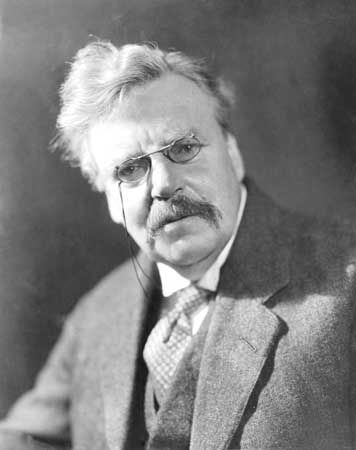
This is a poster from the late 1980s during the transition of Russia from a collectivist nation to whatever it's become today. My Russian is a bit rusty, but I believe it says something to this effect:
Democracy - it's not just about rights, it's (about) responsibility, obligations, and discipline.
The talking heads of the era were hopelessly confused. Americans for the most part are pro-democracy, and see democracy as a force for good. This meant that Yeltsin was good, ie. a liberal, and the hard-line Communists were not good, ie. conservatives.
You'd think that the talking heads would pause and consider the implications of calling hard-line Communists "conservatives", but they didn't. The whole right wing/left wing dichotomy should have been scrapped, but it wasn't. I'm in the camp of considering the mainstream American media as lazy and unimaginative rather than cunning and conspiratorially evil, but I might be wrong about that.
Still, the 'conservative'/'liberal' dichotomy should be replaced. Presently the 'liberals' are the most adamantly entrenched in the status quo, and the 'conservatives' are actively working to change it.
I've been on websites where I was called 'fascist' for expressing conservative viewpoints, and then shouted down or censored in moves that any fascist would approve of. It's galling.
These classifications are not original, but I do not remember to whom to give credit. Here we go:
Collectivist - all property is owned by the state, and the state is the final authority of all things economic and ethical.
Statist - the state may lay claim to any property but chooses not to. Markets may exist but only under the strictest of government supervision. The state may define issues of ethics as it sees fit.
Corporatist - the state allows private corporations to do as they please with the understanding that the corporations will support the state economically in an incestuous fashion.
Liberal Democrat - the state exists to provide for security and infrastructure, but otherwise it lets citizens have as many freedoms as possible under the guidance of the Judeo-Christian ethic.
Libertarian - same as liberal democrat, but without the guidance of the Judeo-Christian ethic.
Anarchist - anything goes. Anarchists almost always morph into collectivists.
Note that fascists and communists would actually be very near each other: the communists being of course collectivists and the fascists being statists. Most of the Democrat party would be in the upper three categories. Most Republicans would be corporatist, liberal Democrat, or libertarian.
The non-economic concerns, ie. 'the social issues', I lump into 'sexpolitix'. This would include gay marriage, abortion rights, and radical feminism. Note that there is no inherent reason for sexpolitix to fall into the statist camp. It would at home with any of the categories except for liberal democrat, as sexpolitix falls outside of the behavior endorsed by the Judeo-Christian ethic.
Interestingly I was tossed out of a musicians' forum for posting this classification. Calling a 'conservative' a liberal democrat and a 'liberal' a statist was way too mind bending, leading to some testy comments and counter comments.
Anyway, this is the nomenclature I choose to use in future discussions.




